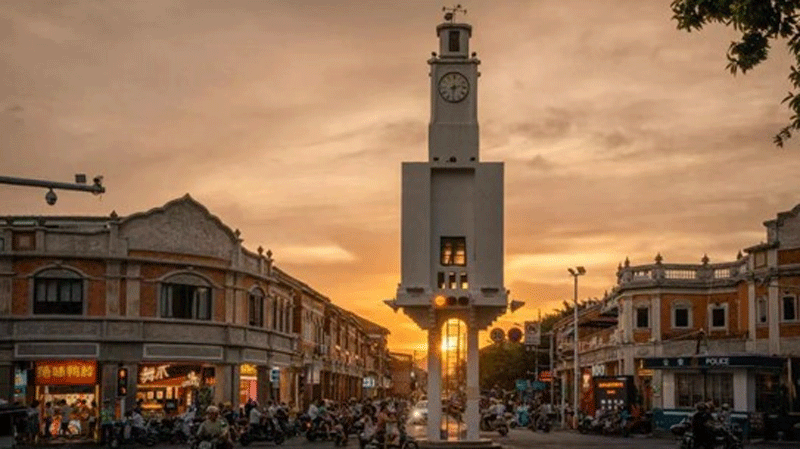Interview: APEC Secretariat director calls for deepening cooperation to tackle strong headwinds
SINGAPORE, Nov. 16 (Xinhua) -- Economies in the Asia-Pacific region are facing headwinds of the pandemic, high inflation, geopolitical crisis and climate change, so it is important for APEC members to further deepen cooperation to tackle these challenges, said a senior official of the Asia-Pacific Economic Cooperation (APEC).
APEC Secretariat Executive Director Rebecca Sta Maria told Xinhua in a recent interview that building and deepening regional economic cooperation and integration top APEC's priorities, which enable people to deal with business contracting at least within the region and can help businesses to grow.
"We are going through a tough time," said Maria.
The Asia-Pacific is a dynamic region and has strong fundamentals with its economies having built cooperation for years, Maria said, adding that deep economic integration is a strength and all the regional economies should capitalize on that to get through the challenging time.
The structural reform and regulatory coherence are key areas that the APEC economies have been focusing on over the years, which are also positive aspects for helping the region go through this tough time, and digitalization should also be a focus for APEC economies, said Maria.
After being hit by two rounds of financial crisis since the 1990s, the Asia-Pacific region realized that strength should be built in the region's financial system by relooking, restructuring the previous system, and consolidating the banking system, she said.
Meanwhile, APEC's dialogue mechanism, such as the annual financial ministers' meeting, and the practice of a package of measures like foreign currency swaps are also conducive to building strength within the region's financial system, attributing the region's quick recovery from the 2008 financial crisis to stronger system and more sufficient liquidity.
The Asian economy has been suffering from downturns against the backdrop of the pandemic and geopolitical risks, and some weaknesses have been exposed with supply chains as one of the key issues to be dealt with, said Maria.
China is a key part of supply chains in the Asia-Pacific region and it is important to ensure that regional economies continue to build on the relationship, she noted.
Maria called on all economies in the region to pursue the resilience of supply chains together, saying that local economies should build resilience through connections to ensure their partnerships stay strong, while policymakers and governments should take measures to ensure that the supply chains are strengthened, connected and not broken.
Sharing her views on the theme of "Open, Connect and Balance" for APEC 2022, Maria said that "open" means keeping the economics in the region open as they are interdependent, while "connect" is about connectivity, which is not just physical connectivity, but also institutional, people-to-people and digitalized connectivity.
Maria stressed that "balance" is a more important aspect for her this year, saying that it is not only pointing to the environment but also to embracing inclusiveness, and making economic growth to lead to the balance between supporting the well-being of people and the environment.
She acknowledged that one key work of APEC this year is on having refresh conversations about the Free Trade Area of the Asia-Pacific (FTAAP), and expected that measures can be put in place to help deepen economic integration within the region.
Free trade agreements are helpful for strengthening supply chains, deepening economic integration and increasing transparency and predictability in the rules, she said.
"I believe in the multilateral trading system because it is equitable. Multilateralism is about being open and making sure that the benefits that we negotiate and agree upon bringing benefits to everybody," she told Xinhua.
Photos
Related Stories
- BRI will pave way for even closer Thailand-China relations
- APEC report calls for structural reform, green recovery
- President Xi’s visit to Thailand to inject vitality to China-Thai relations: Thai politicians and expert
- China to work in solidarity with all sides to promote global recovery, improve global economic governance at G20 summit
- High hopes on G20, APEC for stronger solidarity in stormy age
Copyright © 2022 People's Daily Online. All Rights Reserved.









